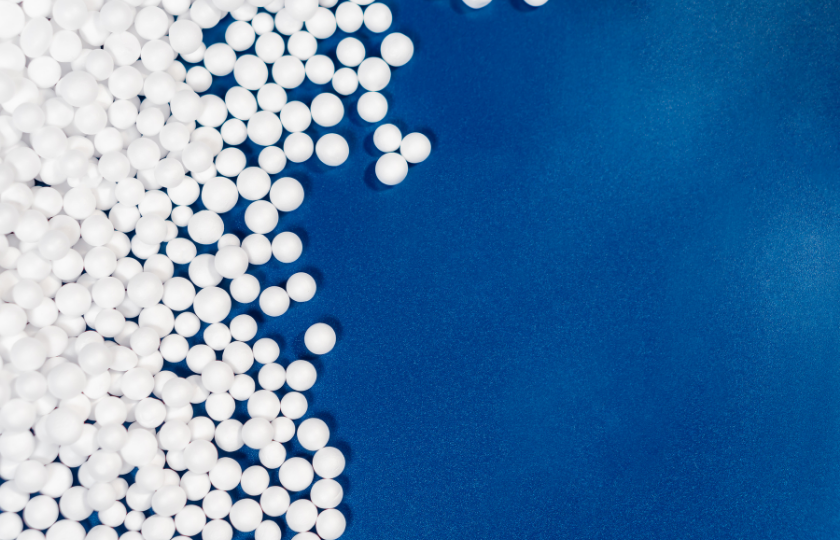Plastic waste is an environmental curse all over the world – but here’s a surprise: the most commonly found type of plastic waste collected from Australia’s largest waterways is polystyrene.
According to research from Conservation Volunteers Australia (CVA), more than 250,000 pieces of waste – 80 per cent of it plastics – have been removed from eight key river systems flowing into the Great Southern Reef, stretching from Brisbane to Perth. Around 3000 Aussies who have joined CVA’s #SeaToSource program, launched in partnership with the Federal Government last year, helped clean up the waterways.
Plastic food wrap and cigarette butts were the next most-commonly found items, with fewer plastic utensils and bags found, suggesting various state government bans are beginning to have a positive impact.
As a hard, solid plastic, polystyrene is often used in products that require transparency, such as food packaging. When mixed with various colourants, additives, or other plastics, the synthetic material is used to package such products as electronics, appliances, automobile parts, toys, and homewares.
Phil Harrison, CEO of CVA, said it is critical to the country’s environmental and economic recovery that its riverbanks, bays, and beaches are “dressed for success” following the floods and border closures.
“Australia ranks number one in the world for its coastal, nature and wildlife tourism and, with global borders reopening after two years, it is doubly critical for environmental and economic recovery we all lend a hand,” he said.
“Once small plastics like polystyrene enter the water, they’re both a major threat to wildlife and food chains, and near on impossible to remove.”
Harisson added that everyday people shouldn’t be the only ones to clean up the mess. Businesses and major industries can play a major role in preventing plastic waste from entering waterways in the first place.
“Many of the nation’s business leaders have proactively got behind the national government push to phase out consumer polystyrene plastics by the end of this year, and we encouraged more of them to do more,” he said.
Last year, the Federal Government released its National Plastics Plan, and pledged to fight plastic waste on a new level. The plan included action for the government to work with industries in phasing out certain polystyrene plastics, such as those used in consumer packaging and food and beverage containers.



